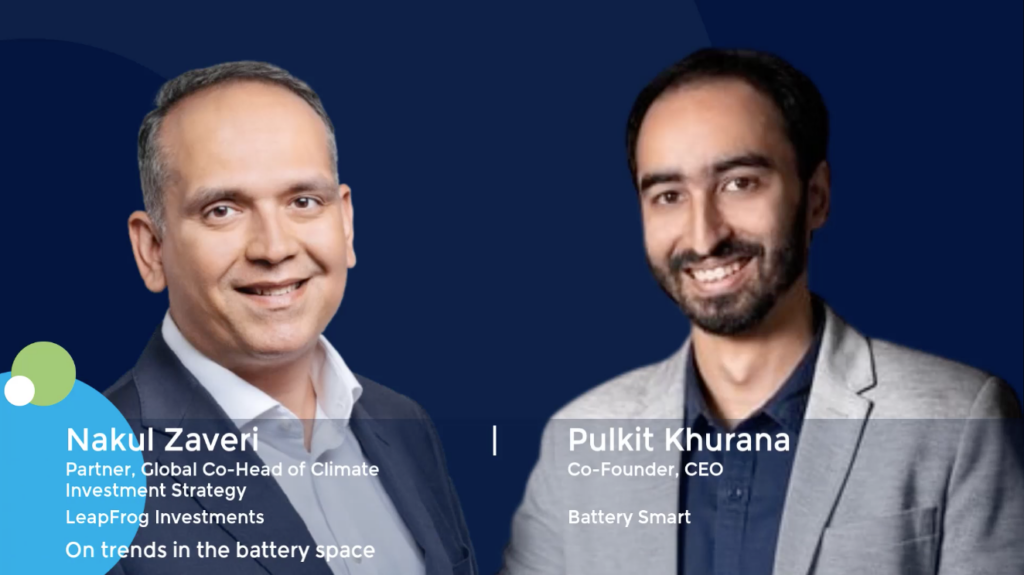Go East: Middle East VCs drive engagement in China
The oil-rich Middle East has been within the US sphere of influence since at least the Second World War. However, investors in the region have begun to turn their attention to US rival China, with a focus on tech deals.
Investors from the Middle East have provided USD 4.99bn in deal volumes in China in the year-to-date (YTD), contributing some 27% of China’s overall inbound investment during the same period, according to Mergermarket data. By contrast, inbound investment from the Middle East stood at just USD 305m throughout last year, a little over 1% of total inbound volumes.
On 20 June, CYVN Holdings, a smart mobility-focused investment vehicle majority-owned by the Abu Dhabi government, invested a total of USD 738.5m in Chinese electric vehicle (EV) maker NIO [NYSE:NIO; HKG:9866; SGX:NIO], equivalent to roughly 7% stake.
Beyond fossil fuels
Beijing’s ties with the Middle East have warmed up with a series of summits and visits by state leaders. China facilitated the restoration of diplomatic relations between the long-standing rivals Saudi Arabia and Iran in March, opening the way for the Middle Eastern funds to flow into China.
These moves have coupled with China’s long-term Belt & Road initiatives at the same time that Middle Eastern countries such as Saudi Arabia, Qatar, and Dubai are looking to diversify their sovereign wealth funds (SWFs) beyond fossil fuel investments. The aim is to reshape their economies for growth, with a focus on frontier technology, infrastructure development and renewable energy.
On the sell-side, Chinese local governments are interested in using Middle Eastern funds to bolster tech-based entities. US investors have become less dependable due to rising interest rates at home and geo-political tensions.
High-tech silk road
SWFs from the Middle East are used to acting as limited partners (LPs) in private equity firms. In China, though, they are investing directly, particularly in areas like technology, automation and healthcare.
One of the biggest deals came in June, with Saudi Arabia's Ministry of Investment signing a USD 5.6bn investment in another Chinese EV maker Human Horizons, known as HiPhi.
If the trend continues, Middle East SWFs will have a wealth of opportunities.
The Shenzhen-based automated optical inspection (AOI) solutions provider for chip production Vatop Semicon Tech is receptive to approaches by semiconductor-focused VC and private equity funds based in the Middle East regarding its recent CNY 100m funding.
The Guangdong-based photonic sensing solutions provider Qualsen Technologies plans to expand overseas markets in 2024, such as the Middle East, via forming joint-venture partnerships with local partners to quicken the process.
The Guangdong-based point-of-care testing (POCT) device supplier Hailife Biotechnology is seeking overseas investors that could help obtain approval of sales in local markets and provide distribution channels in the Middle East.
The Beijing-based engineering surveying services provider Chuanghuida (Transfigure) intends to expand its presence in the Middle East over the medium-term and would consider seeking foreign joint-venture partners or M&A opportunities.
Maybe future historians will talk about a high-tech silk road.
Analytics by Manu Rajput and Anjali Piramal











